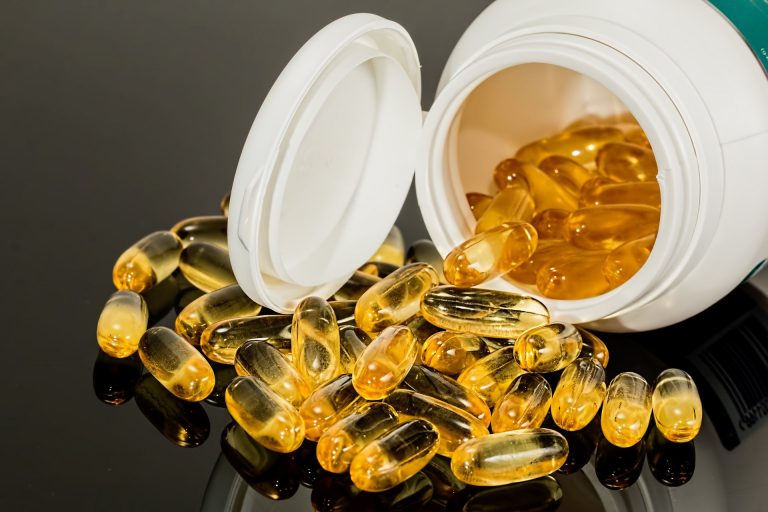The Indian state of Uttar Pradesh recently declared that 33 of its districts have become free of Coronavirus Disease 2019 (COVID-19). Uttar Pradesh is the most populous state in India with around 241 million people, which is roughly equivalent to two-thirds of the American population. The state has achieved its recent success despite a significant portion of the state not being fully vaccinated.
Only 15.4 million people in Uttar Pradesh, or 7.54 percent of the population, have been fully vaccinated. In contrast, the United States has fully vaccinated roughly 54 percent of its citizens and is still struggling with COVID-19 infections and deaths. While some experts are baffled as to how Uttar Pradesh is effectively managing the pandemic, some believe that the answer lies in the drug Ivermectin.
Ivermectin has both antiviral and anti-inflammatory properties. It is used to treat a wide range of diseases and parasitic infestations such as head lice, scabies, and more.
“Uttar Pradesh was the first state in the country to introduce large-scale prophylactic and therapeutic use of Ivermectin. In May-June 2020, a team at Agra, led by Dr. Anshul Pareek, administered Ivermectin to all RRT team members in the district on an experimental basis. It was observed that none of them developed Covid-19 despite being in daily contact with patients who had tested positive for the virus,” state surveillance officer Vikssendu Agrawal said to Indian Express.
Seeing the results in the city of Agra, the Uttar Pradesh government sanctioned the use of Ivermectin for all people who come into contact with COVID-19 patients. Agrawal pointed out that the timely use of Ivermectin in the first wave of the pandemic helped the state to maintain a low positivity rate despite its high population density.
Success
You are now signed up for our newsletter
Success
Check your email to complete sign up
In an interview with the Financial Express, Dr. Surya Kant, one of the doctors who wrote a white paper on Ivermectin last year, stated that the drug is being “majorly used” in the treatment of patients under home isolation and also among those who are diagnosed with mild infections.
“It is true that we have not used the drug in severe cases. But this is also a fact that even healthcare workers shifted from the prophylaxis of hydroxychloroquine to Ivermectin. This is because we observed that 17 percent of healthcare workers using hydroxychloroquine developed one or another kind of side effects,” Kant said in the interview. He added that a few other Indian states also included Ivermectin in their COVID-19 treatment protocol.
Uttar Pradesh’s stellar performance against COVID-19 stands in stark contrast to Kerala, a highly educated communist-ruled state with a higher vaccination rate. Kerala has fully vaccinated roughly 20 percent of its population, but its COVID-19 infection metrics are consistently high.
At present, Uttar Pradesh’s COVID-19 Test Positivity Rate (TPR) is less than 0.01 percent. In contrast, Kerala’s TPR has hovered around 20 percent until recently. The government of Kerala is currently withholding TPR data.
Although Kerala did include Ivermectin in the state’s April guidelines, the government restricted the medication to only people with severe cases. In other words, Ivermectin was only used for late treatment in Kerala as opposed to prevention and early treatment in Uttar Pradesh.
“My main current explanation is the lack of early treatment. Kerala’s COVID protocol from April 2021 included Ivermectin, but not as an early treatment. As a result, only a small group qualified, those in Category B patients having high-risk factors. The new protocol from August 5 is even worse. They removed Ivermectin (completely),” Juan Chamie, a Cambridge-based data analyst, said to The Desert Review on Aug. 23.
Chamie also pointed out that the TPR of Kerala declined from 25 to 10 percent until the protocol change removed Ivermectin. Since then, the TPR has jumped to the highest in two months.
In the United States, the Food and Drug Administration (FDA) has not authorized Ivermectin for preventing or treating COVID-19. According to the agency, “current data do not show Ivermectin is effective” against COVID-19.














